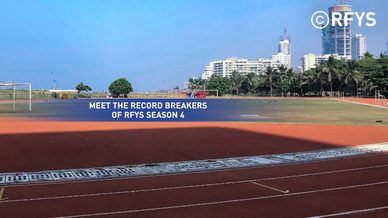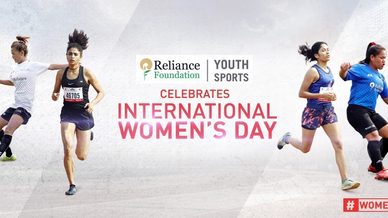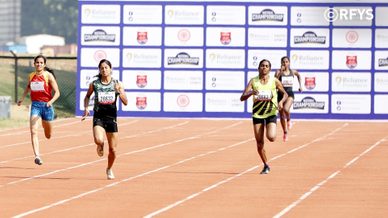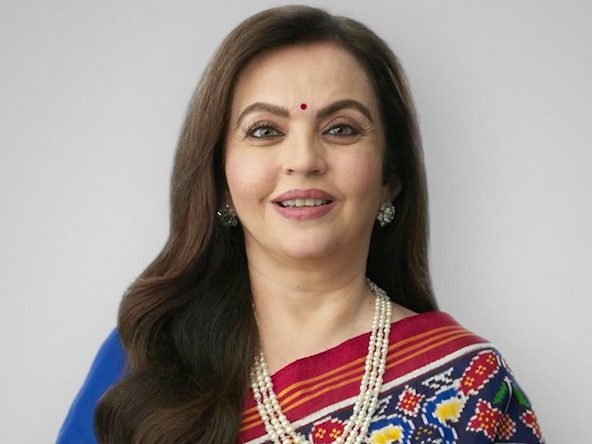Nutrition for Young Athletes
Nutrition is vital in building athletes as it aids in the physiological and psychological needs of their growth and well-being. Athletes strive for peak athletic performance in their training sessions and competitions. Planning your diet and striking the right balance of nutrition is essential for daily training and optimal recovery.
Watch the full webinar here:
Nutrition is vital in building athletes as it aids in the physiological and psychological needs of their growth and well-being. Athletes strive for peak athletic performance in their training sessions and competitions. Planning your diet and striking the right balance of nutrition is essential for daily training and optimal recovery.
As part of the RFYS Athletics Development Series, we hosted a webinar on nutrition planning for young athletes, led by Mihira Khopkar, Lead Sports Nutritionist at Sir H.N. Reliance Foundation Hospital. The webinar covered the ways to strategise nutrition aimed at building a diet for young athletes..
Food consists of the required nutrients to derive energy, this is an essential element for young athletes to optimise their potential. Energy availability from food is the difference between energy intake and training energy expenditure. Nutrition recommendations for athletes are based on:
- Event requirements
- Discipline-specific needs
- Athlete needs
- Child/adolescent health needs
Dietary requirements change according to individual, age group, activity levels, and energy consumption. Athletes have specific physiological requirements, accordingly have specific nutrition needs to be catered to.
Some of the nutrition recommendations for young athletes are:
- Good quality carbohydrates
- Adequate protein is important, more is not better
- Good quality dietary fats
- Range of micronutrients such as Iron, Calcium, Vitamins D and B12
- Ample of hydration with fluids
- Potassium and sodium-rich foods
For best results, it is important to include the recommended nutrition into one’s daily dietary routine. Daily meal planning for young athletes should include:
- 1-2 hour pre-training meal
- During training meal
- Post-training meal
- Breakfast
- Lunch
- Dinner
Nutrition planning not only impacts physiological development but also has an extensive impact on the overall well-being of an athlete. Here are some of the key factors that affect meal planning for young athletes:
- Physical, cognitive, emotional, and social development
- Menstrual health
- Peak height and weight velocity
- Calorie restriction based on a nutritionist’s advice
Thermoregulation - maintaining a safe body temperature - is another crucial part of an athlete’s body as they need to avoid conditions such as hyperthermia and hypothermia. Children and young athletes have underdeveloped sweat glands, which means they sweat less than adults and therefore, are more affected by their surrounding environments. Hence, it is important to hydrate sufficiently and consume potassium and sodium-rich foods to replace the lost salt and minerals while sweating.
The session ended with Mihira briefing why it is important for young athletes to plan their meals and the benefits of it when starting at an early stage.
In case of queries, please feel free to connect with us on Instagram/Facebook or email us at info@rfyouthsports.com











Your Comments